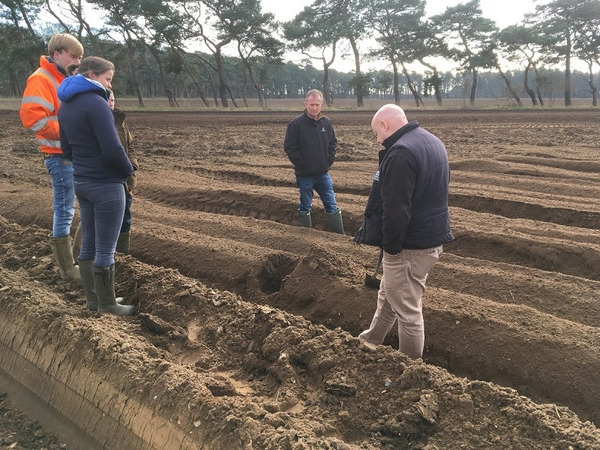SolACE is a European-wide project, relying on an extensive collaboration of farmer networks to carry out and test the proposed innovative techniques and new genotypes on-farm. This requires cooperation from farmers willing to participate and offer their time and resources to take part. Across Europe, seven farmer networks in different countries have been identified to represent a variety of regions and cropping systems for the three major crops studied in SolACE:
- Bread wheat (Sweden, Switzerland and Spain),
- Durum wheat (France and Italy), and
- Potato (UK and Hungary).
Within each of these networks, there will be between 4-8 farms and the networks include both conventional and organic production. The farmers will collaborate with the research team in the identification and development of the agroecosystem management practices and genotypes to be tested on their farms. Subsequently, they will also provide feedback and perspectives on results continuously throughout the project.
The knowledge and experience that these networks feed back to the research teams within the project are vital and provide an essential and greater understanding for agronomic, environmental and economic impacts. The networks in each country will host workshops and events locally throughout the project in order to engage, advise and listen to feedback from their farm participants. As a consequence of this approach, new SolACE innovations should be realistically and practically feasible at the farm level at the end of the project, which will facilitate potential uptake and prevent unforeseen difficulties.
In each of the following newsletters we will introduce one farmer network, the farms within the network taking part in the SolACE project and the activities they have engaged with. At the time of writing, some of the networks have carried out introductory workshops, whilst others are still being established. SolACE aims to have all networks established and introductory workshops held by spring 2018.
More information about work package 5.

 tap and then scroll down to the Add to Home Screen command.
tap and then scroll down to the Add to Home Screen command.